Abstract
Background and objectives
The Edmonton Symptom Assessment System Revised: Renal is a patient-reported outcome measure used to assess physical and psychosocial symptom burden in patients treated with maintenance dialysis. Studies of patient-reported outcome measures suggest the need for deeper understanding of how to optimize their implementation and use. This study examines patient and provider perspectives of the implementation process and the influence of the Edmonton Symptom Assessment System Revised: Renal on symptom management, patient-provider communication, and interdisciplinary communication.
Design, setting, participants, & measurements
Eight in-facility hemodialysis programs in Ontario, Canada, assessed patients using the Edmonton Symptom Assessment System Revised: Renal every 4-6 weeks for 1 year. Screening and completion rates were tracked, and pre- and postimplementation surveys and midimplementation interviews were conducted with patients and providers. A chart audit was conducted 12 months postimplementation.
Results
In total, 1459 patients completed the Edmonton Symptom Assessment System Revised: Renal; 58% of eligible patients completed the preimplementation survey (n=718), and 56% of patients who completed the Edmonton Symptom Assessment System Revised: Renal at least once completed the postimplementation survey (n=569). Provider survey response rates were 71% (n=514) and 54% (n=319), respectively. Nine patients/caregivers from three sites and 48 providers from all sites participated in interviews. A total of 1207 charts were audited. Seven of eight sites had mean screening rates over 80%, suggesting that routine use of the Edmonton Symptom Assessment System Revised: Renal in clinical practice is feasible. However, the multiple data sources painted an inconsistent picture of the value and effect of the Edmonton Symptom Assessment System Revised: Renal. The Edmonton Symptom Assessment System Revised: Renal standardized symptom screening processes across providers and sites; improved patient and provider symptom awareness, particularly for psychosocial symptoms; and empowered patients to raise issues with providers. Yet, there was little, if any, statistically significant improvement in the metrics used to assess symptom management, patient-provider communication, and interdisciplinary communication.
Conclusions
The Edmonton Symptom Assessment System Revised: Renal patient-reported outcome measure may be useful to standardize symptom screening, enhance awareness of psychosocial symptoms among patients and providers, and empower patients rather than to reduce symptom burden.
Evans JM, Glazer A, Lum R, Heale E, MacKinnon M, Blake PG, Walsh M
Clinical Journal of the American Society of Nephrology
Published 2020
Research Project: EMPATHY
Connect with us!
Subscribe to learn more about what we do, why it matters, and how you can get involved!




